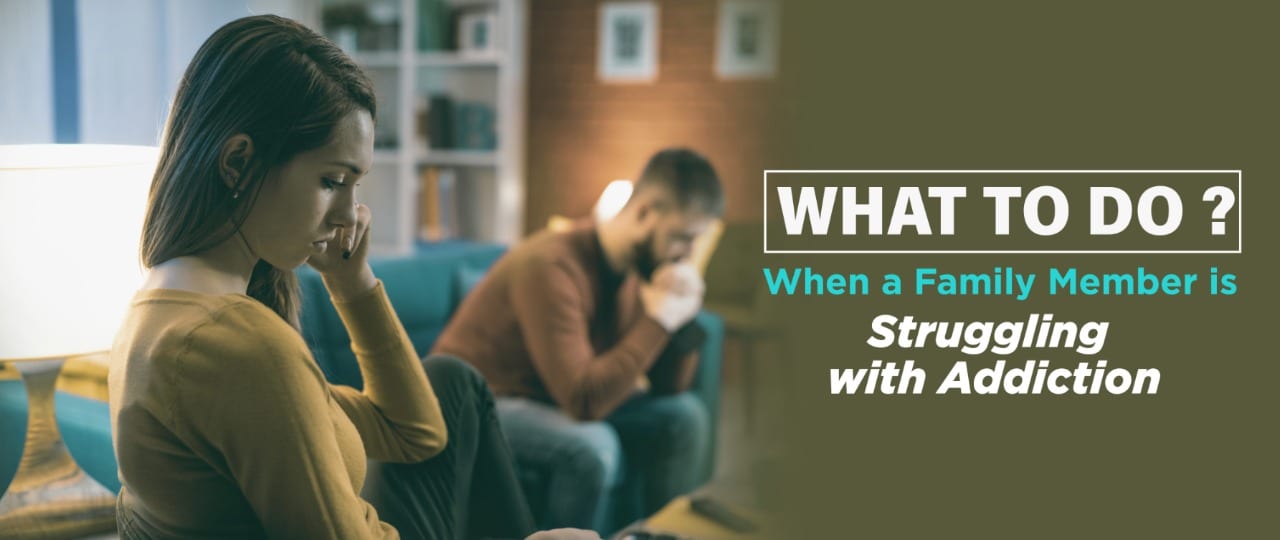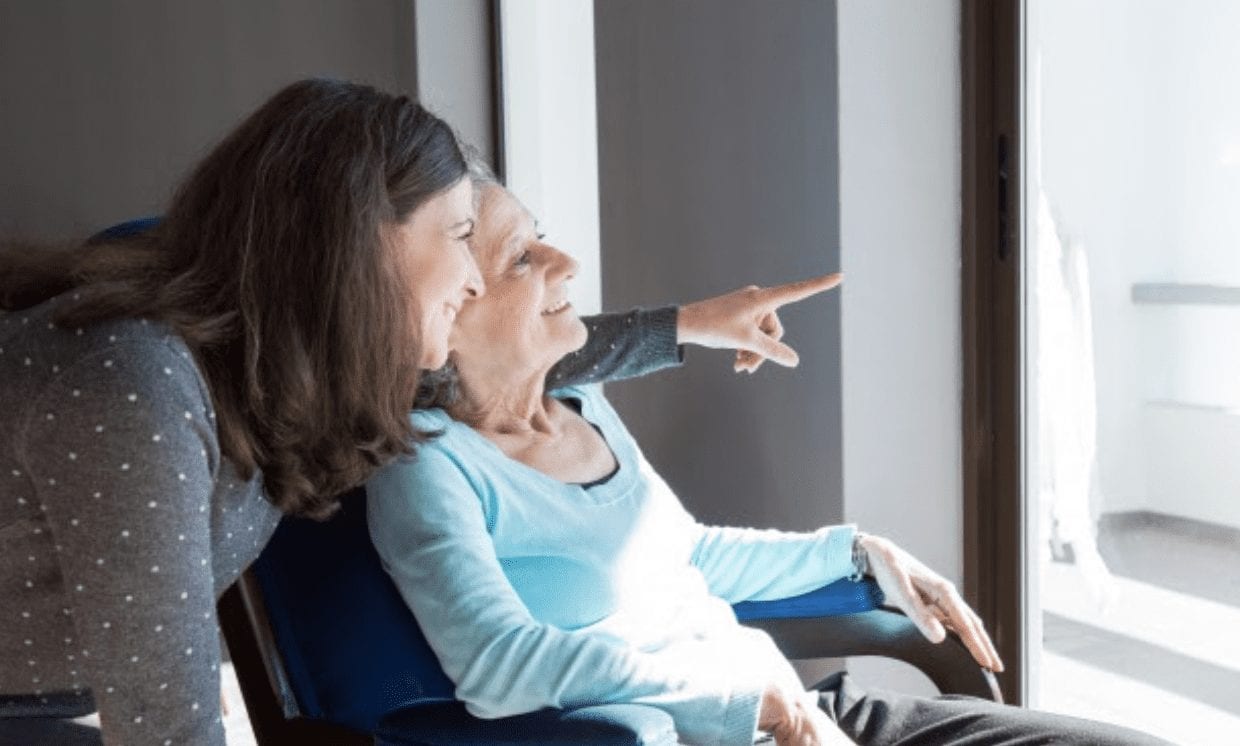
Anyone can fall into the trap of addiction. When someone develops a drug habit, family members and friends are also often directly impacted by the addiction. When you’re one of the family members or friends who is being affected by a loved one’s addiction it could be confusing what to do, or hard to empathize with. While many people struggle with addiction, every situation is unique. Helping a loved one in recovery can feel like navigating a minefield. It’s a delicate situation and if you take the wrong step you can make everything worse. This article will help you navigate the minefield that is addiction.
According to the latest statistics from National Institute on Drug Abuse and Alcoholism, in 2018, about 5.8 percent of American adults were dependent on alcohol or had difficulties relating to alcohol abuse, and more than 11.7 percent of Americans aged 12 or older reported using an illicit drug in the prior month. These statistics represent that millions of people around the US struggle with substance abuse and addiction daily, and almost all of these people have family members and friends supporting their life in recovery.
Is Addiction a Family Disease?
Drug and alcohol addiction is often called a “family disease” because the disease’s impact extends to the entire family, the addict is not the only one affected by this disease. Children, parents, siblings, friends, and even colleagues can have difficulty with the addict’s behavior. Your loved ones are being put in a state of heightened stress and anxiety; Worrying, being lied to, being stolen from, embarrassed, and just all-around concerned. These emotions are enough for family and friends to want to get involved and be sucked into a cycle of trying to “fix” the addict, and then feeling resentful when their efforts don’t work or are not appreciated.
How do families play a role in substance use disorders?
Families play a prominent role in the overall recovery process of addiction. They may be triggers for stress, resentment, or feelings of inadequacy which may leave some people looking to self-medicate.
Sometimes family dynamics are difficult to manage, but it’s important to understand when you’re involved in a toxic relationship so you can take measures to not make situations worse. Family counseling, or understanding the importance of space and distance is helpful when your family dynamic seems to be out of control. Treatment facilities and drug rehab programs offer family therapy sessions that will prioritize relationships and mental health.
Additionally, family members will often be enablers of drug abuse. For instance, someone with a cocaine addiction faces a few obstacles. The effects of cocaine do not last long, and the cost is high, so a common obstacle for cocaine users is money. If you’re noticing the symptoms of cocaine addiction in a family member, giving them money or allowance may be enabling their habit.
While families are often contributors to the reasoning for drug use, inversely families are often a source of strength and guidance for helping a loved one in recovery. It is helpful for spouses, siblings, parents, children, friends, and others to understand addiction and help and protect their loved ones from a relapse. This will help you provide the love and support the addicted person needs to heal completely and not feel isolated or misunderstood.
Here are a few steps to take for helping a loved one in recovery:
Educate Yourself About Addiction
Addiction is complex, and it’s completely okay if you don’t know everything immediately. However, doing your research will help you to understand their struggles and support them in this journey to recovery. Read up on the symptoms, causes, and treatments for depression on your own.
Offer Your Support
People with an addiction problem don’t always understand how much family and friends love them. Talk to your loved ones about your concerns, and don’t wait for them to hit rock bottom to speak up about their problems. Try talking them through this phase and instill hope that they can fight this illness.
Encourage Them to Get Help
Seeking professional medical help for getting rid of an addiction is often considered taboo in our society. Help break this cycle by actively pushing and encouraging your friend or loved ones to make that first appointment. Be persistent about how important it is to get treatment for their addiction, but avoid making them feel guilty or ashamed in the process of recovery. Listening to their concerns about the treatment or medications and help address those concerns.
Support Recovery as an Ongoing Process
Once your loved one decides to opt for treatment, you must remain involved. Helping a loved one in recovery could be as easy as letting them know that you care and are always available to help. Continuing to be a supportive presence in your loved one’s life can make all the difference.
How Can You Support a Person in Your Family Struggling with Addiction?
Conflict in close-knit family relationships can be disturbing for everyone. In such situations, people with drug and alcohol addiction history need to be taken special care of to contribute to a relapse. Social support can help reduce stress and facilitate coping.

You can reduce tension in the household and try to be supportive by
- Encouraging good communication and providing constructive support
- Being flexible and resourceful at times of trouble
- Expressing your love and care for each other
- Spending quality time together with family and friends
Can Drug Addiction Be Cured or Prevented?
Drug addiction is considered a chronic “relapsing” disease, which means that people recovering from an addiction will be at risk for relapse even after years of not taking the drug. However, addiction is treatable, can be managed and treated successfully at a rehab center with specialized treatment options.
Detox for withdrawal symptoms, short and long-term residential treatment, outpatient treatment programs, support groups, medication-assisted therapy, are just some of the drug addiction treatment options offered at treatment centers across the United States. Treatment plans are tailored to each patient’s drug use patterns and any co-occurring medical, mental, and social problems. Drug addiction can be quit with the help of professionals and the support of family/ friends.
If you or a loved one is struggling with addiction and ready to take the steps towards a happier and healthier life, contact us at Anchored Tides Recovery. A gender-specific treatment facility and a place for women to heal.





























